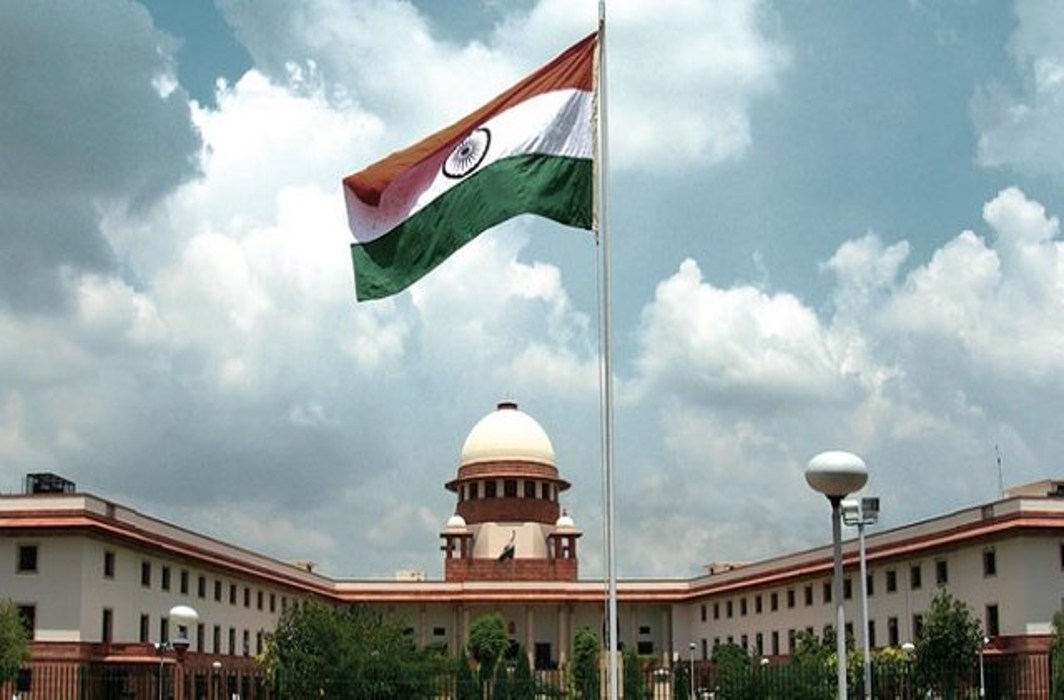A division bench of Supreme Court comprising of Justice D.Y Chandrachud and Justice Ajay Rastogi heard an appeal against the order of NGT directing the government to revoke the Environmental clearances issued to the industries concerned, quashing the Government circular of 2002 that extended the time period for these industries to get environmental clearance.
The facts of the case – Alembic Pharmaceuticals Ltd. vs Rohit Prajapati, are that a Writ Petition was filed before the Gujarat High Court against permissions granted by the Authorities to establish Industrial Units without following due procedure and in-total defiance of the Environment Impact Assessment (EIA) Notification, 1994. This petition was transferred by the High Court to the National Green Tribunal. The Hon’ble High Court however without considering merits of the matter, expressed opinion that if there are serious defaults committed by the Respondents, then they are liable for legal actions.
Before NGT, the Applicants/Rohit Prajapati stated that, production of pesticides and bulk-drugs by these Companies will have adverse impact on environment, which needed a prior evaluation, and alleges that affected villagers, who would have to inhale odour generated from stack of such industrial units, which obviously could emit gaseous substances were required to be heard and, therefore, a public hearing prior to commissioning of industrial activities and grant of such permissions/consent to commence industrial activity, was essential part of the process, which was mandatory under the EIA Notification, 1994, but was not undertaken.
The applicants/Rohit Prajapati were therefore seeking direction to restore environmental degradation caused by the units, as well as other industrial units, which were allowed to be operated without ECs and to recover costs from such defaulting industries.
The EIA Notification, 1994 made it mandatory for all industrial units to get an environmental clearance before modernising or expanding or setting up a new industry. The Industrial units, in the current case however continued their industries without obtaining any clearance. The circular in question is the government circular of 2002, through which the Government of India had extended the time period to get such clearance, and the Industrial Units received their respective environmental clearances. The clearances and the circular has been challenged by the Applicants/Rohit Prajapati stating that the circular which is bad in law, was used to let these industries function and these ex post facto clearances shouldn’t be allowed.
The NGT quashed the circular dated 14.5.2002 for being illegal, void and inoperative, and asked the government to revoke the Environmental clearances issued to these industries.
The Counsel on behalf of Unique Industries, questioning the nature of the petition stated that PIL’s are only to be filed in larger public interest, which is not true for the present case. Justice Chandrachud clarified that as soon as high court transfers these petitions to NGT they automatically become PIL, and the act itself provides that these complaints can be filed when they are in interest of the environment.
Mr. Nadkarni on behalf of the Union of India had two main contentions – Firstly, he questioned the jurisdiction of NGT stating that tribunal does not have the power to question a circular issued by the Government. And secondly, he stated that the circular of 2002 was issued in exercise of power of government under Section 3 of the Environment Protection Act, 1986.
He clarified and explained the intention of the government in issuance of the circular of 2002 and extension of time to get clearances, stating that when this notification was first issued, it was a new policy which was introduced for the first time. It was a new regime so a lot of industries didn’t know what to do. The government found no point in shutting down all industries, and therefore the duration was extended, to give them an opportunity to get a clearance. Also the Ministry was itself dealing with all applications, so automatically time had to be extended, and therefore 31 March 2003 was the new deadline.
It was a new regime so a lot of industries didn’t know what to do, there was no point in shutting down all industries, and the duration was extended, to give them a chance to get a clearance. It was an opportunity. The Ministry was itself dealing with all applications, so automatically time had to be extended. So 31 March 2003 was the deadline. Regarding the issue of jurisdiction, he stated that under the National Green Tribunal Act, only reliefs that can be awarded are restitution of property damage, restitution of environmental damage, etc. Therefore quashing of a government circular cannot be ordered by NGT.
Advocate Siddharth Seem on behalf of the respondents argued that the fine imposed on the industries should not only be paid but also be revised considering that they should not be allowed to get away with so many illegalities, failing which companies in the future would bypass any statutory requirement.
The Court has asked the Counsel to prepare a response to the two contentions raised by Mr. Nadkarni, and will hear the case of the Respondents on the next date.
-India Legal Bureau


